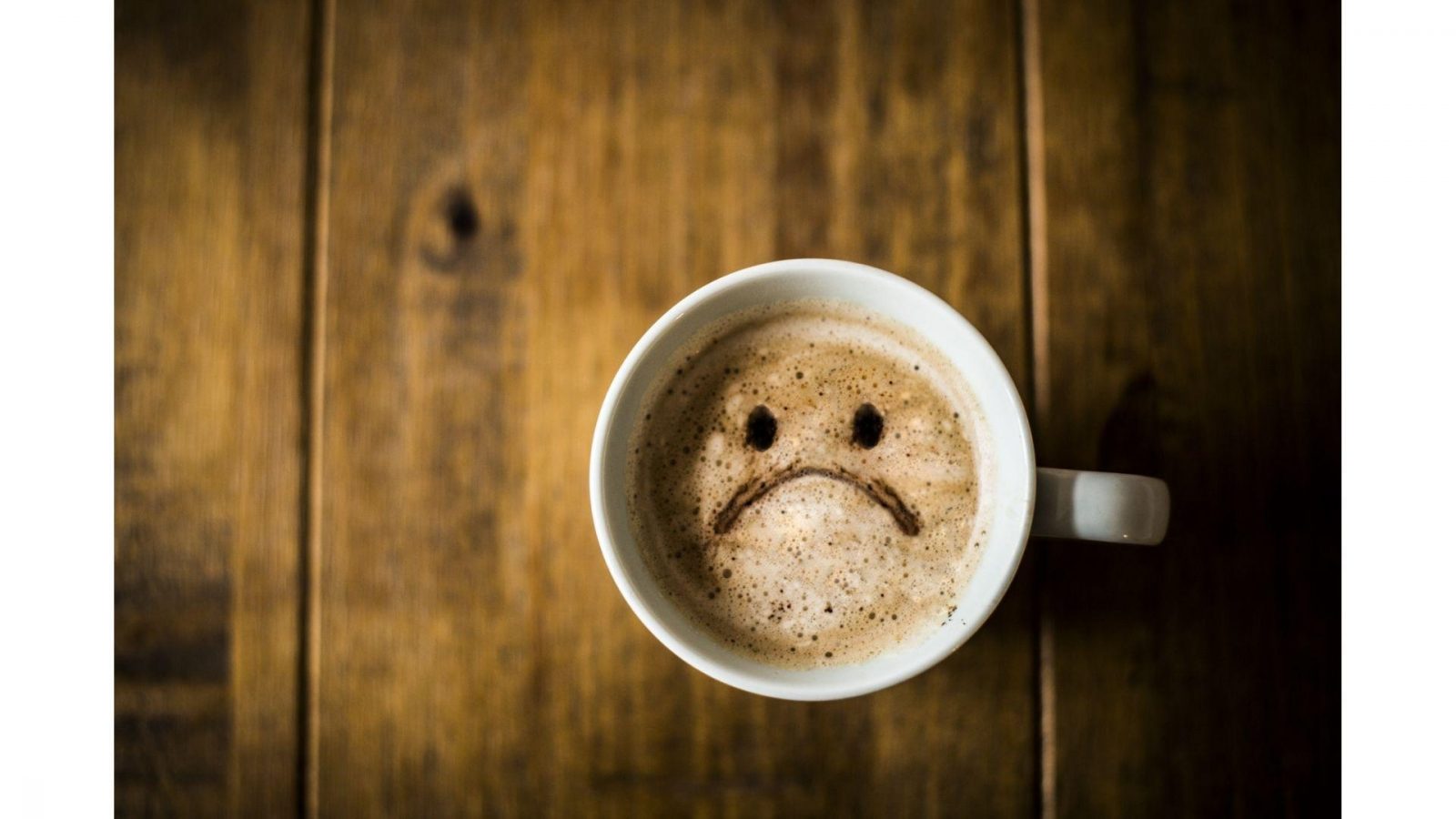
Almost everyone gets depressed now and then. It’s a common condition that most of us have experienced. But when is depression a problem that requires help?
Individual symptoms of depression by themselves don’t raise flags. But a combination of them that lasts for some time may be cause for concern.
“When you start noticing family or friends with symptoms piling on top of each other you should be concerned,” says Lydia Radziul, LCSW, MFA, Director of Mental Health Services at Ryan Health.
Common symptoms of depression include:
- Sadness
- Trouble concentrating, making decisions, or remembering details
- Feeling tired, or having a lack of energy
- Trouble sleeping--including insomnia (inability to sleep), hypersomnia (sleeping too much) or waking and being unable to return to sleep.
- Appetite change—either loss of appetite or increase in appetite
- Digestive problems
- Having aches and pains for no medical reason that won’t go away
- Restlessness and irritability
- Lack of motivation
- Not enjoying things you enjoyed before
- Isolating from family or friends
- Feeling empty or anxious
- Feelings of guilt, helplessness, or worthlessness
- Suicidal thoughts
“You need to be aware of the number of symptoms you’re experiencing or observing in others,” Radziul says. “Depression affects the way you function. It can interfere with your life.”
For most people, fleeting symptoms may not signal a larger problem. But if a combination of symptoms persists for three months, that may be considered an episode of major depressive disorder.
Depression can occur at any age, from children and teens to adults to the elderly. Depression can be genetic, a response to body changes, and it can also be triggered by anniversaries of difficult events in your life or even by season change. For instance, postpartum depression is common in women who have just given birth due to hormonal changes that are occurring. Depression may be triggered during menopause. Anniversaries of a loss of a loved one or traumatic event can trigger depression. Many people struggle with depression during winter months or holiday seasons as well.
“Depression is a psychological condition. A lot of people suffer from it, sometimes for years,” Radziul says. “But it’s a mental health condition that is treatable and people should understand how common it is, especially now during the pandemic.”
Studies have shown that COVID-19 has made people more irritable and anxious. Quarantine and social distancing have created a larger problem—forced social isolation. People need social support and the pandemic has made it tougher to access that support the way we used to.
Ryan Health offers mental health services for anyone wanting help. The Ryan Health | Emotional Wellness Center offers comprehensive mental health services for the community regardless of whether you are primary care or pediatric patient of Ryan Health, and no referral is necessary! To make an appointment at the Emotional Wellness Center call 212-769-7200 on the Upper West Side and 212-477-8500 on the Lower East Side.
If you are a Ryan patient, you can also ask your primary care provider for a referral to short-term counseling. Our Behavioral Health Integration team provides care and assistance for those who need it for up to eight weeks but requires a referral from your primary care provider. To get a referral from your primary care provider to see a member of the Behavioral Health Integration team, call 212-749-1820.
The stigma around mental health has been dissipating, and more people are seeking help when they need it. National Depression Screening Day is October 8, and that’s a great opportunity to recognize the importance of having a positive perspective on accessing mental health services. If you or a family member or friend suspect you might be experiencing depression, having a screening could help you get the support you need.
If you are feeling alone, isolated, hopeless are thinking of harming yourself or are thinking about suicide or dying, please contact a mental health professional immediately or call the National Suicide Prevention Lifeline: 1-800-273-8255. Someone will be available to speak with you 24/7 and can connect you to resources which can provide you with the support and help you need.